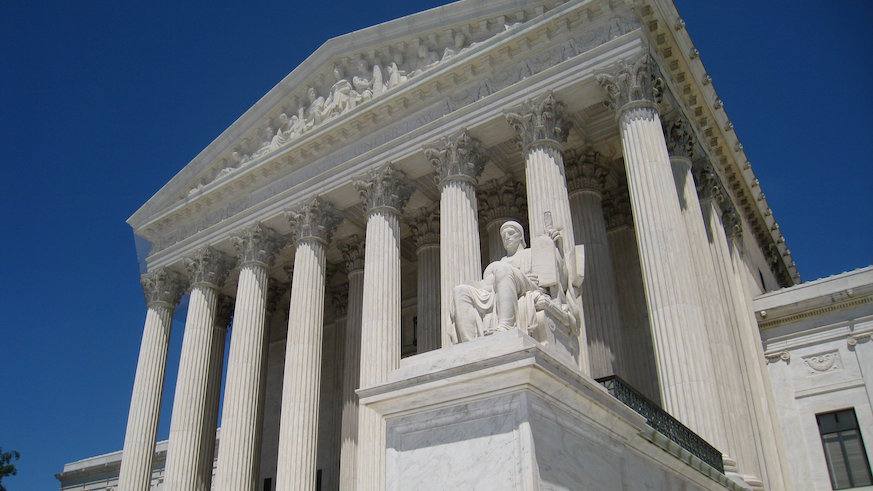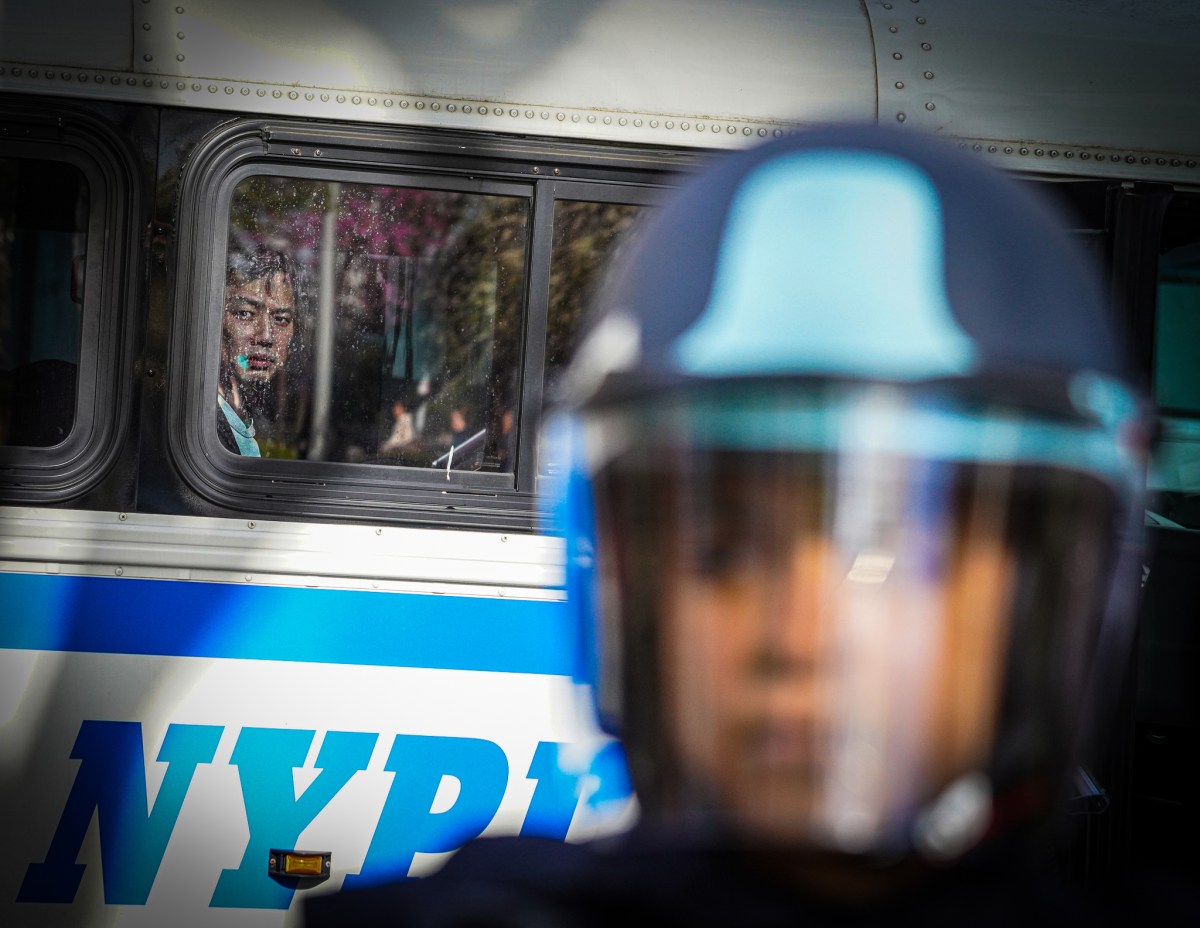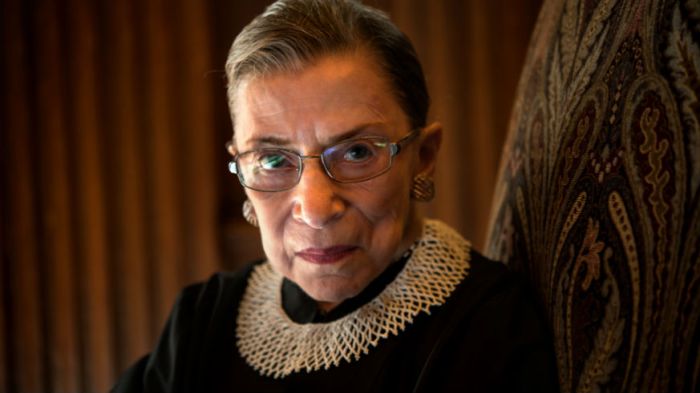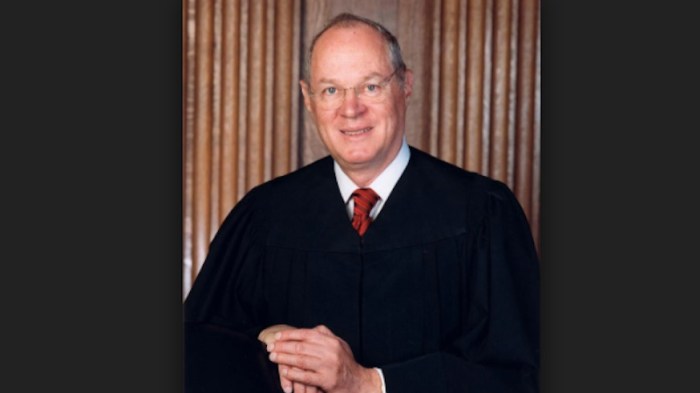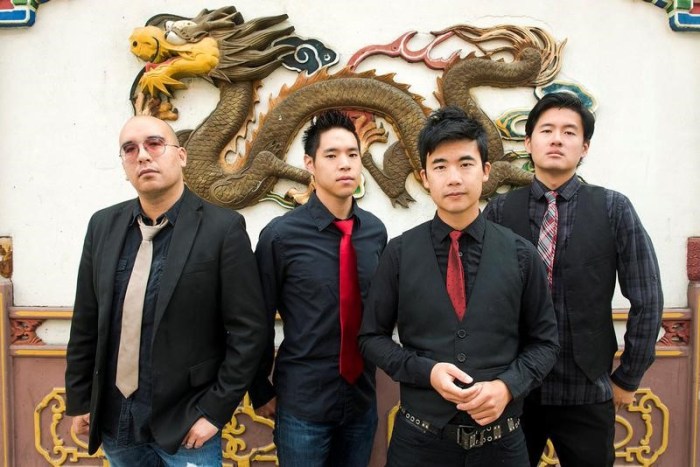Sex offenders have a constitutional right to use social media, the Supreme Court ruled Monday.
The justices unanimously ruled sex offenders have a right to use social media and networking sites like Facebook, Twitter, Instagram, Snapchat and the like, as long as they aren’t breaking the law while doing it.
The decision strikes down a North Carolina law banning sex offenders from using social media, saying it “impermissibly restricts lawful speech,” The News & Observer reported.
The law banned felony sex offenders from using social networking sites if they “knew” people under 18 can access them, but Justice Anthony Kennedy, who wrote the court’s opinion, said the law prevented people from engaging with their communities as they re-enter society, in online platforms, which have become virtual town squares.
“With one broad stroke, North Carolina bars access to what for many are the principal sources for knowing current events, checking ads for employment, speaking and listening in the modern public square, and otherwise exploring the vast realms of human thought and knowledge,” Kennedy wrote.
The case boiled down to free speech, with the court ruling to “foreclose access to social media altogether is to prevent the user from engaging in the legitimate exercise of First Amendment rights,” since, the court noted, “one of the most important places to exchange views is cyberspace.”
The case started with North Carolina resident Lester Packingham, who in 2002 was convicted of statutory rape. Packingham was arrested in 2010 after police found a post he made on Facebook under an alias.
After getting a traffic ticket dismissed, Packingham wrote, “No fine, no court costs, no nothing spent… Praise be to GOD, WOW! Thanks JESUS!”
The case is significant as the Supreme Court has ruled on few cases dealing with the internet as it pertains to freedom of speech and the first amendment — a notion that Justice Kennedy nodded to in his majority opinion.
“This case is one of the first this Court has taken to address the relationship between the First Amendment and the modern Internet,” Justice Anthony Kennedy wrote. “As a result, the Court must exercise extreme caution before suggesting that the First Amendment provides scant protection for access to vast networks in that medium.”

